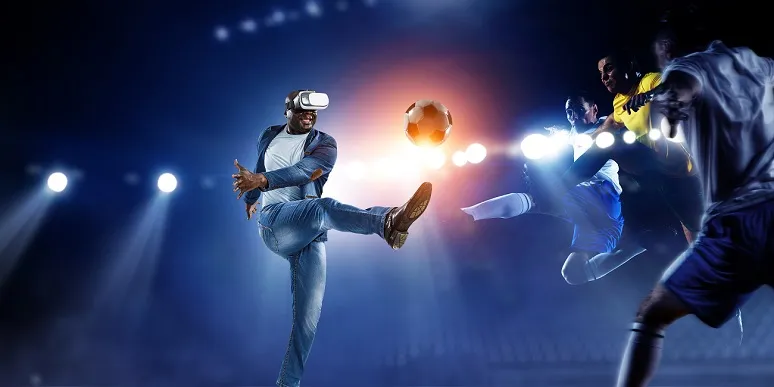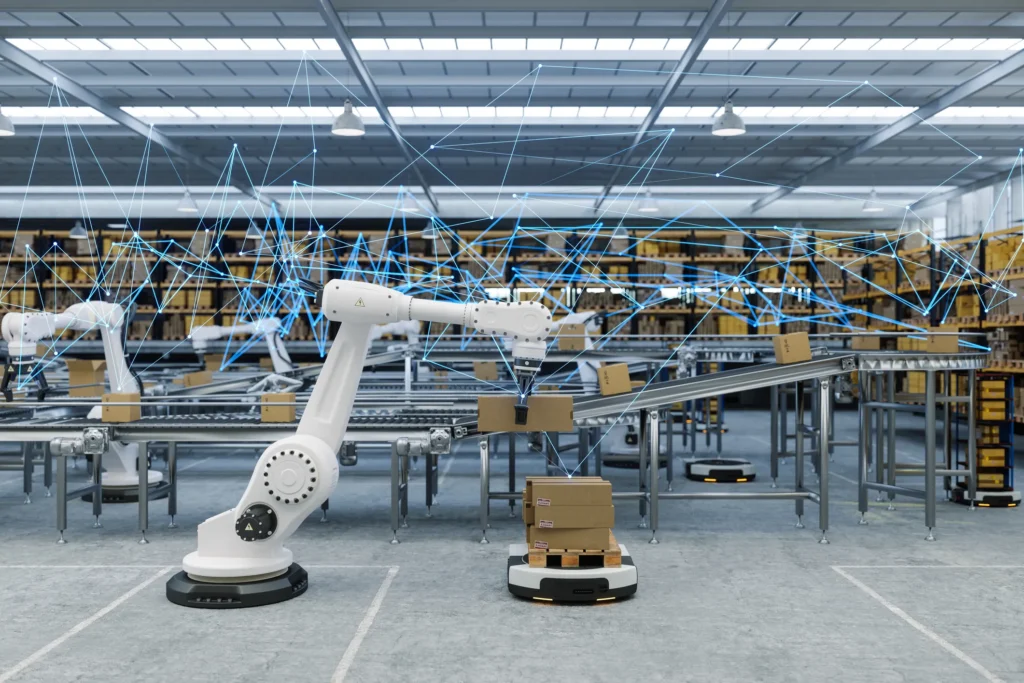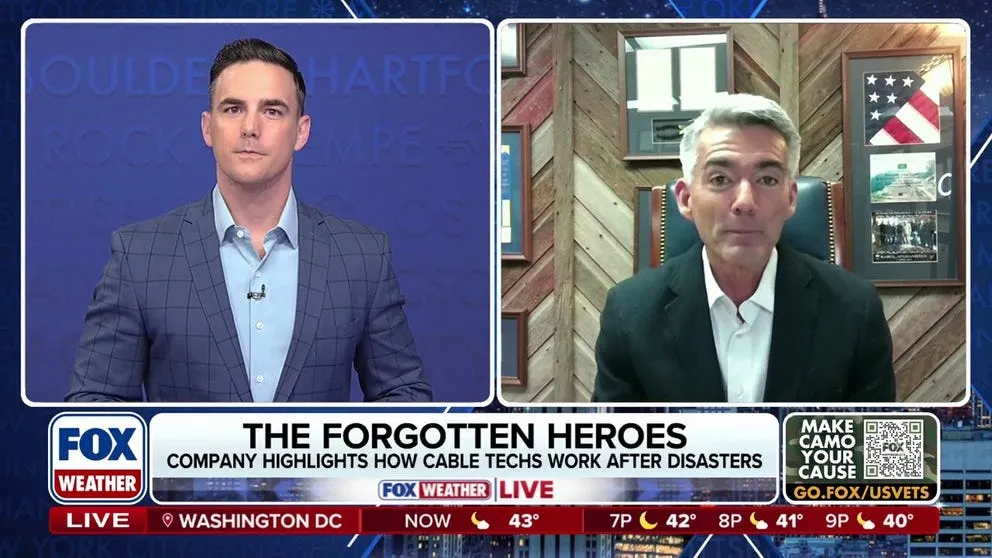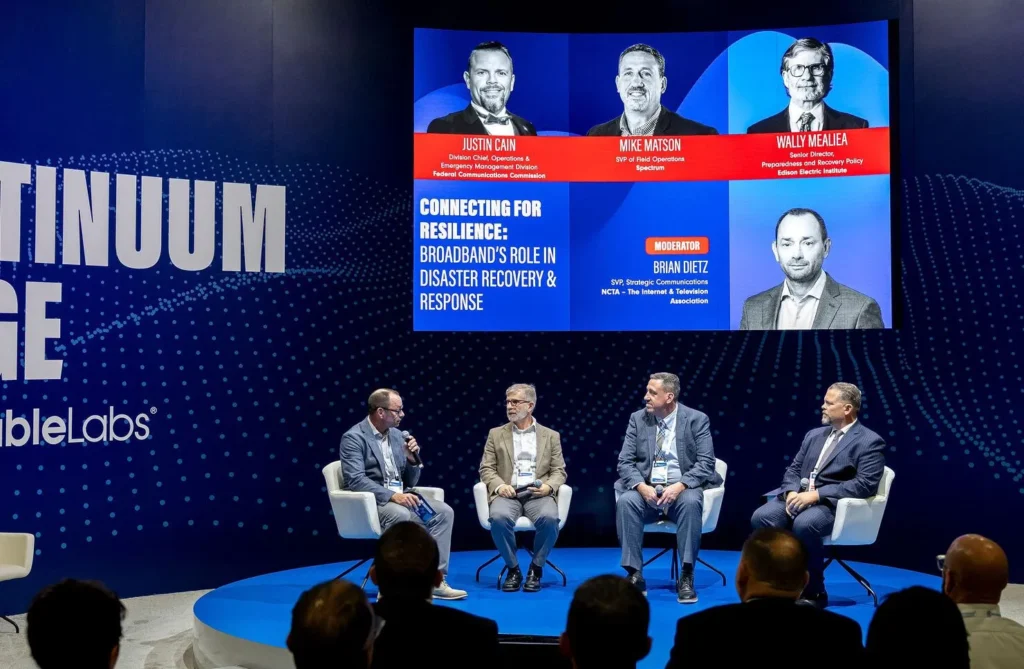The COVID-19 pandemic has no doubt accelerated the speed at which most people are adopting next generation technologies and applications. Broadband has also proven to be the enabler of these technologies, as networks continue to run at full capacity and power the amazing virtual interactions that Americans are engaging in as they spend more hours at home. And with 10G around the corner—the cable industry’s commitment to bringing ultra-fast speeds to U.S. households—these technologies and experiences will get that much closer to becoming staples in American life. During a virtual panel at the annual Comic-Con (this year called Comic-Con@Home), which kicked off yesterday, futurists and technology experts in fields like music, sports, and education got together to discuss how the pandemic has driven more people to use next generation technologies during their time at home, and where the future of entertainment is headed.
“The first thing we’ve seen happen [in the music world] and which has been a big thing given the pandemic, is livestreaming. But now it has become a big thing that I think will carry on past the pandemic,” said Phil Quist, a music agent with Creative Artists Agency. “I think before, people weren’t used to livestreaming because they were actually going to a lot of shows.” Quist has had clients performing livestream shows from all over the world since the onset of the pandemic, and they’ve been selling millions of tickets—some even selling more than they would have for an in-person show.
“There is money to be made there, but also the amount of interactivity you can have with [a livestream]—you can be in a big chat room with people all over the world. You can be on screen and interact with the artist. It’s a way to build your fan base [as the artist] not just in respective cities but in places you wouldn’t necessarily be going to,” added Quist.
Quist also sees a lot of applications in the future for music education that will help younger kids develop music interests who might not necessarily be able to get to a music lesson in person, whether that’s because of distance or other reasons. “Imagine being able to see your teacher on your computer and have a digital keyboard pop up,” said Quist.
When it comes to sports, agent Leigh Steinberg, who served as the inspiration for Jerry McGuire, has been working on applications that will enhance the sports fan experience while at a game. “The next generation of millennials, sitting in a static sports stadium for hours, probably doesn’t work well for them,” explained Steinberg. So Steinberg and his team have been developing an app that keeps the younger generations entertained during long periods of a sports competition. The app allows a fan to interact with other fans, dictate a coach’s call or referee’s replay, or order from the snack bar—all from the comfort of his or her stadium seat.
Ted Schilowitz, a futurist for Paramount Pictures, went even further and talked about how the future of sports fan experiences and video gaming will go beyond today’s stereotypical concept of a video gamer being confined to his or her room, sitting in front of their computer screen. Imagine someone being able to play baseball or golf using a virtual reality headset, with a partner not physically present, from his or her living room. Or high-resolution versions of oneself doing things like dance, or going to a music festival and interacting with other avatars. “In the next 5-7 years, you’re going to see multiple waves of the sophistication of these devices [ingrained] into mass consumer behavior,” said Schilowitz.
“We are entering the age of what I like to call the ‘screenless screen,'” continued Schilowitz. “The next wave of what a screen will be will not look anything like the screens that exist today. It will be a virtual layer on reality that will feel transparent to you.” (According to Schilowitz, pre-pandemic, people were using their screens an average of 10-12 hours a day. Post-pandemic, that average has risen to 14 hours.) “This is not science fiction, this is science reality. It’s really happening. We are all going to have a device that is going to get you into the screenless screen within the next few years.”








